Trade Policy on the 2020 Trail: The First Debate

Photo: PAUL J. RICHARDS/AFP/Getty Images
Available Downloads
Over the course of the election cycle, the Scholl Chair will be providing regular analysis of trade’s place in the national dialogue.
CSIS Briefs
The Issue
Trade policy is a signature issue for the Trump administration. With the 2020 election campaign shifting into high gear, candidates are being forced to talk about trade whether they want to or not. The president’s frequent comments about trade, along with his imposition of tariffs, are driving the American public to think more deeply about trade and raise their level of understanding of trade policy. For trade wonks, this is a good thing—more people talking and thinking about their favorite subject. For presidential candidates, however, it creates a dilemma: how to criticize the president without alienating the voters who seem to like his trade policy.
Emerging Trends
So far, most of the candidates stick to criticizing President Trump’s policies without being too specific about what they would do instead. A few brave ones have laid out their views more comprehensively, and that number will surely increase as debate amongst them sharpens. Criticism of the president’s trade policy falls into two buckets: criticism of the policy itself and criticism of how the policy is implemented. Relative trade skeptics, who agree with much of the content of the president’s trade policy, knock the administration for poor implementation. Some Democrats like Senator Elizabeth Warren (D-MA); Senator Bernie Sanders (I-VT), who is running as a Democrat even though he identifies as an independent in the Senate; Representative Tim Ryan (D-OH); and Representative Tulsi Gabbard (D-HI) use this approach to distinguish themselves from the president while competing for the same policy ground and appeal to voters. Candidates with a more positive view toward free trade criticize both the content of the president’s policies and his implementation of them. This group includes Democratic candidates such as Senator Kamala Harris (D-CA), Senator Michael Bennet (D-CO), former representative Beto O’Rourke, and former vice president Joe Biden and Republican Bill Weld, former governor of Massachusetts.
Two main criticisms of the president’s policy implementation are emerging from the field. First, candidates are dinging the president for alienating allies instead of building a coalition with them prior to confronting China. Second, candidates are criticizing Trump for making impulsive trade policy decisions via Twitter. Sanders and others have indicated that imposing tariffs on allies like Canada, the European Union, and Mexico are poor strategic moves. There is also a growing consensus that to hold countries violating trade agreements accountable, the United States will need to build partnerships with its allies rather than lash out at them.
When it comes to the substance of President Trump’s trade policy, candidates have largely taken aim at his fondness for tariffs. Candidates that tilt into the pro-trade camp argue tariffs are taxes levied on U.S. consumers and companies. Mayor Pete Buttigieg offered perhaps the most comprehensive take on Trump’s use of tariffs to confront China, arguing that tariffs won’t change China’s behavior given the intertwined nature of their state and economy.
A final trend that is reemerging among Democratic candidates is the call for more robust enforcement mechanisms in trade agreements and stronger rules on labor rights, the environment, and human rights. These policy concerns are not new but are Democratic mainstays and can serve to set candidates across the trade policy spectrum apart from the president, whose policy record is far from pro-union, pro-environment, and pro-human rights.
Former Massachusetts governor and the sole Republican challenger to Trump, Bill Weld, has staked out a strong free trade position. On Twitter , Weld called the president “clueless on trade . . .” and criticized his “phony war of tariffs,” which have “done great harm to our farmers, workers and businesses large and small . . .” In an interview, he said that “I’m a free trader” and that “the United States always benefits from free trade.” In contrast to many Democratic candidates and the president, Weld claims that free trade is good for U.S. workers. While trade may cause low-wage job losses, it provides a net gain of high-wage jobs. Weld does agree with the president that Chinese state-owned enterprises, subsidies, and intellectual property theft need to be addressed but that tariffs are a poor strategy to meet those challenges. Overall, when it comes to trade, he believes the “United States is always going to be a winner.”
Who’s Got a Plan?
So far, three Democratic candidates have laid out clear trade platforms of their own: Sanders, Warren, and Governor John Hickenlooper of Colorado.
Elizabeth Warren
Of the three, Warren’s “Plan for Economic Patriotism” would amount to the largest departure from status quo trade policy. Warren’s positions on trade policy stem from a fundamental claim: that decisionmakers in Washington have chosen economic policies, including trade policies, that incentivize companies to offshore jobs, maintain low wages, and harm U.S. workers. From Warren’s perspective, there is a trade policy formula and approach to globalization that supports U.S. workers. That formula includes significant government intervention and a change in of how economic policy is made in the executive branch. Warren’s “Economic Patriotism” plan includes:
- “Actively managing” the U.S. dollar to “promote exports and domestic manufacturing.” In other words, weakening the dollar or, at a minimum, preventing it from growing stronger relative to other currencies.
- Strengthening the Export-Import Bank to better compete with similar agencies abroad.
- New mandates for the government to purchase “whenever possible” products made in the United States. This section of Warren’s proposal could create friction with U.S. trading partners due to government procurement market access concessions prior administrations have agreed to.
- A substantial increase in government funds for basic research and development and a significant spending increase for worker training programs.
- A massive overhaul of government bureaucracy that would centralize U.S. economic policy planning, partially in response to competitors formulating industrial policies of their own. This aspect of Warren’s proposal would consolidate federal agencies responsible for economic policy, including trade policy, into a new “Department of Economic Development.” The department’s primary mission would be to defend U.S. jobs and create new ones. The department would be responsible for authoring a national jobs strategy every four years to “establish clear goals for American jobs and American industry.”
Bernie Sanders
Sanders also blames past trade policy for allowing corporations to ship U.S. jobs overseas while racking up increasing profits. He claims that the record U.S. goods trade deficit of $890 billion in 2018 proves that Trump has failed to implement a trade policy that works for working class Americans. Sanders has historically been a free-trade skeptic and a proponent of “fair trade.” Compared to Warren and Hickenlooper, Sanders’ platform is less detailed, although it shares some similar threads. Sanders’ trade platform includes:
- Enforceable labor, environmental, and human rights rules in the core text of all trade agreements.
- Enforceable rules against currency manipulation in every trade agreement.
- Elimination of incentives in trade and tax agreements to shift jobs overseas.
- Policies to support communities of color and family farmers that have been hurt by trade agreements.
- Elimination of provisions in trade agreements that increase the cost of medicine. This proposal is likely an allusion to intellectual property protections for pharmaceuticals that the United States has traditionally sought in trade agreements.
John Hickenlooper
Hickenlooper’s “Plan for a New Open and Fair Trade Policy” is less trade-skeptical than the plans of Warren and Sanders. He “rejects the idea of demonizing the private sector to score political points” but still overlaps with those proposals in a number of areas. His platform squarely criticizes Trump and “many leaders in both parties” for pursuing policies that would restrict trade. Central to Hickenlooper’s platform is the claim that growth from expanded exports can be a net positive for U.S. workers if trade agreements are crafted properly and adequate assistance is provided to workers displaced from trade. His platform also includes relatively centrist positions on U.S. intellectual property (IP) and investor rights abroad—issues that are hardly discussed or absent from Warren’s and Sanders’ plans. Hickenlooper also sets himself apart from Sanders and Warren by making the diplomatic case for an open trade policy. He argues that President Trump’s trade policy has not only set back the U.S. economy but damaged key relationships with allies necessary to tackle major global issues.
Hickenlooper’s platform includes:
- Strong and enforceable labor standards as a condition for new trade agreements.
- A mechanism to improve labor standards in agreements over time.
- Protections for U.S. IP, including penalties for theft of U.S. IP, a prohibition on sale or import of counterfeit products, and enforceable IP rules in trade agreements.
- Greenhouse gas emission goals set and enforced in trade agreements, along with other enforceable environmental rules and provisions.
- Rules to ensure non-discriminatory treatment of U.S. firms invested abroad.
- The creation of “individual security accounts,” which are accounts for individuals funded pre-tax by government, worker, and employer contributions that can be used for skills improvements, retraining, or relocation in the case of job loss. Residents of geographic areas most negatively impacted by trade displacement will be able to add additional funds to their accounts.
- Policies to allow workers to more easily adapt to changing economic conditions, including free community college for those in financial need.
What They’re Saying
The Need to Build Coalitions

“Instead of slapping tariffs on our allies and perpetrating a trade war, . . .… we need to do the hard work of building coalitions…”.
- Michael Bennet

“The president has done nothing but increase the tariffs, the debt, and the trade deficit. The way we have to proceed is we have to have our allies with us. It’s not just us. We have to keep the world together,”
- Joe Biden

“The urgency of a fair and equitable trade deal for our farmers and producers has become even greater as unilateral actions taken by the current administration to erect tariffs on non-agriculture imports have moved our trading partners to levy extensive and damaging retaliatory tariffs on US agricultural exports”
- Kirsten Gillibrand
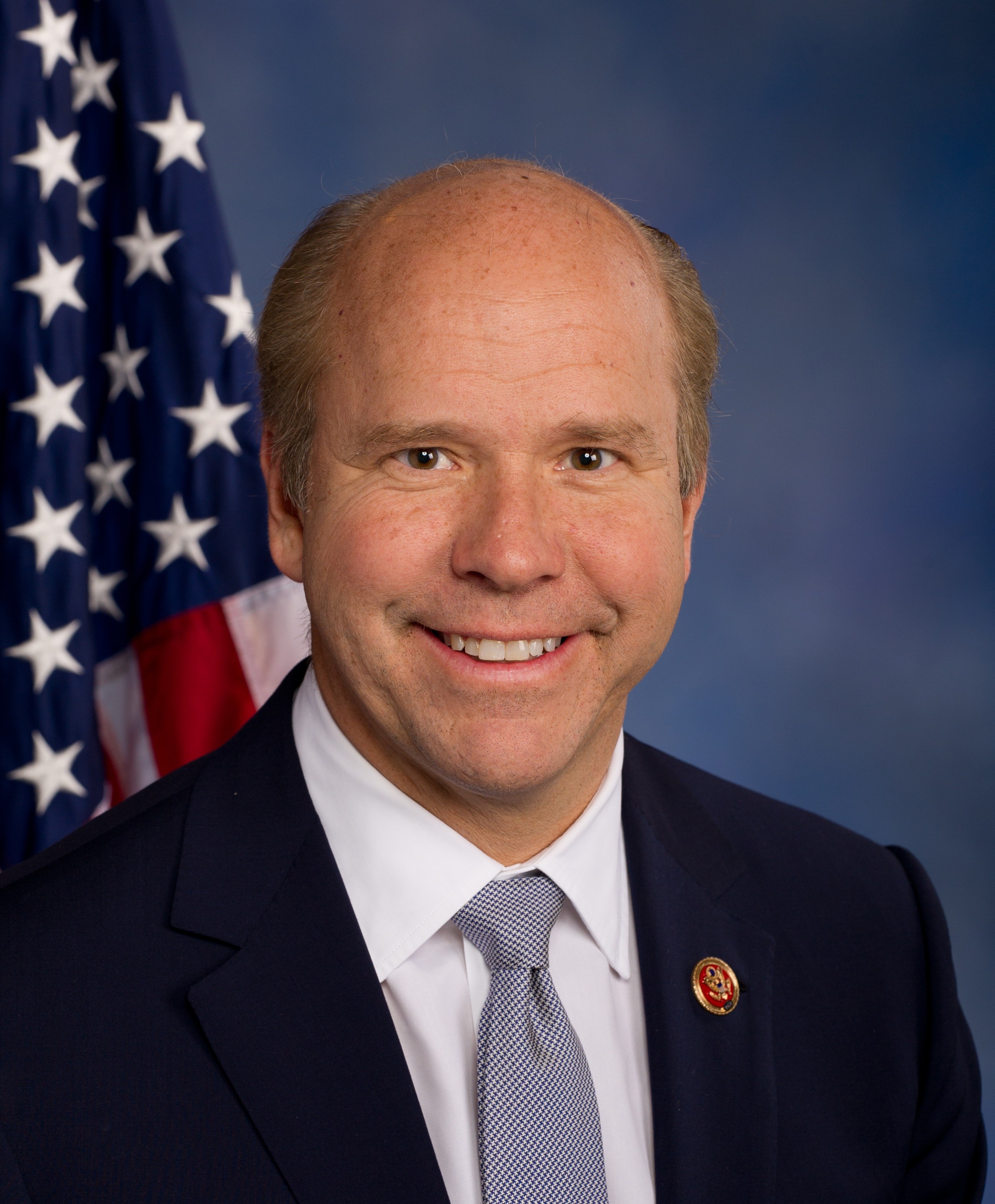
“I will build a broad coalition of U.S. allies and have a unified front against China (this will involve working with multinational organizations but also doing a lot more”
- John Delaney

“. . .when have we ever gone to war, including a trade war, without allies?”
- Beto O’Rourke
Protecting American Workers
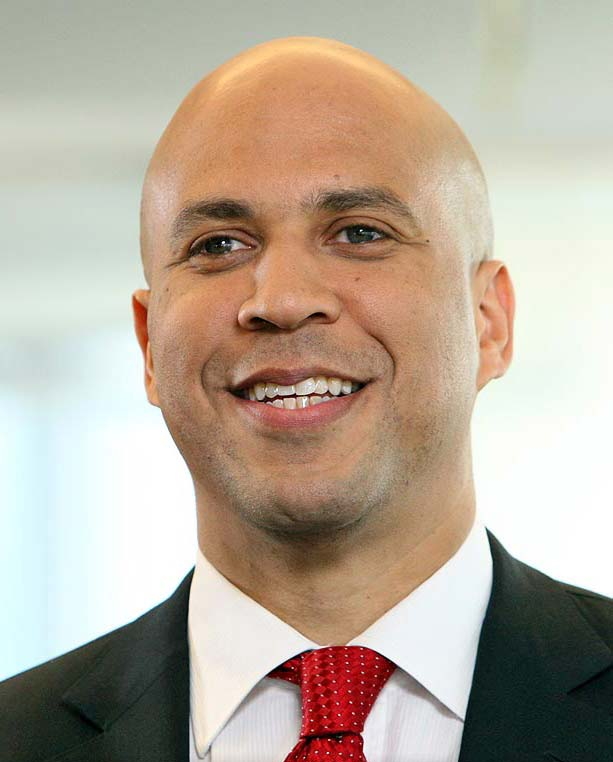
“So I want to be known as a pro-fair trade Democrat—not trade in a way that’s going to put American workers in the cross hairs.”
- Cory Booker
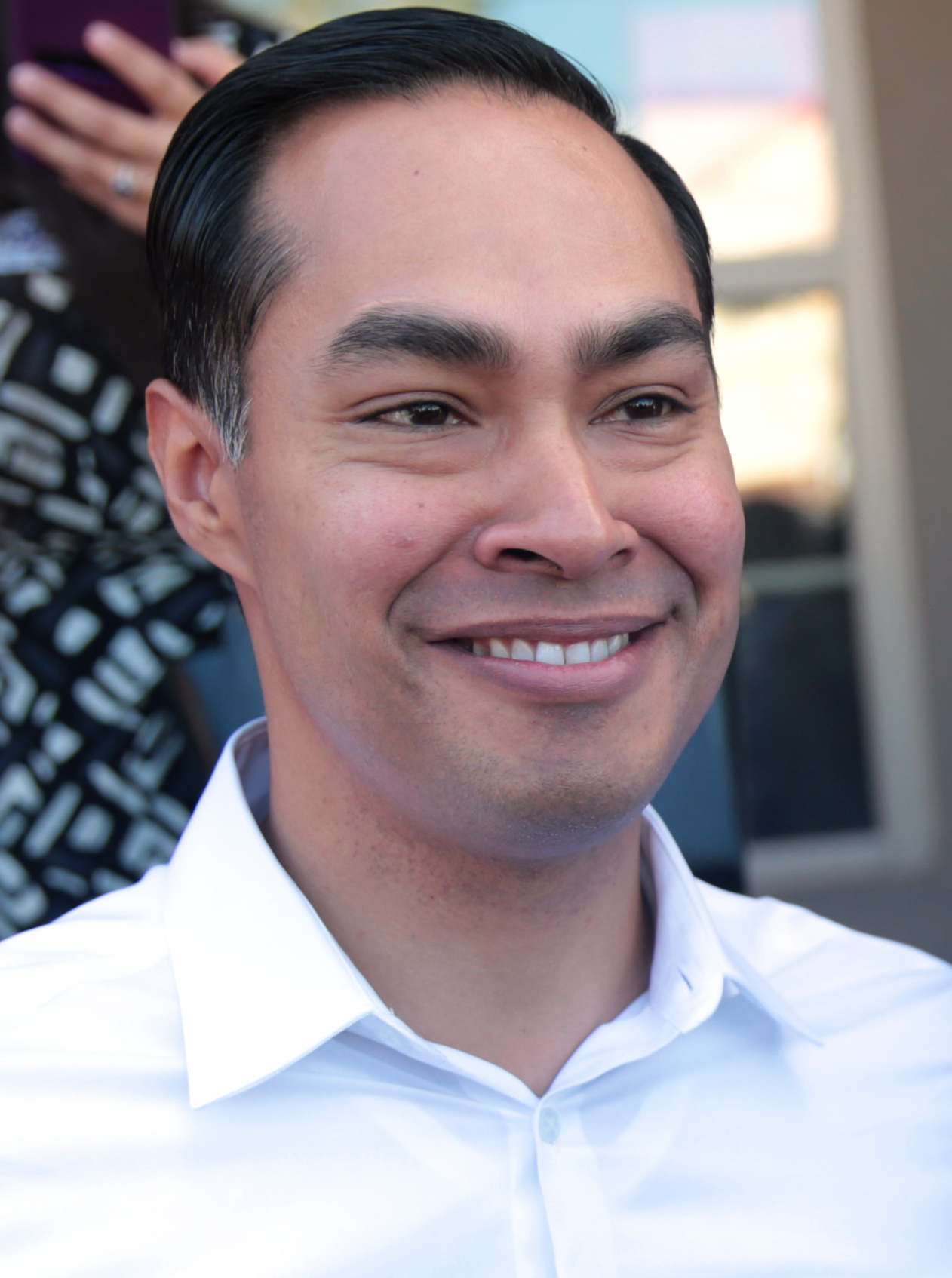
“I do think that we ought to only strike trade agreements that are good for American workers and American companies. I disagree with people who say we’re going to close off trade—I don’t agree with that.”
- Julian Castro

“[My] open and fair trade policies will broadly increase growth and prosperity for American workers, employers, and investors. At the same time, trade can inevitably result in disruptions and losses for specific workers . . .”
- John Hickenlooper
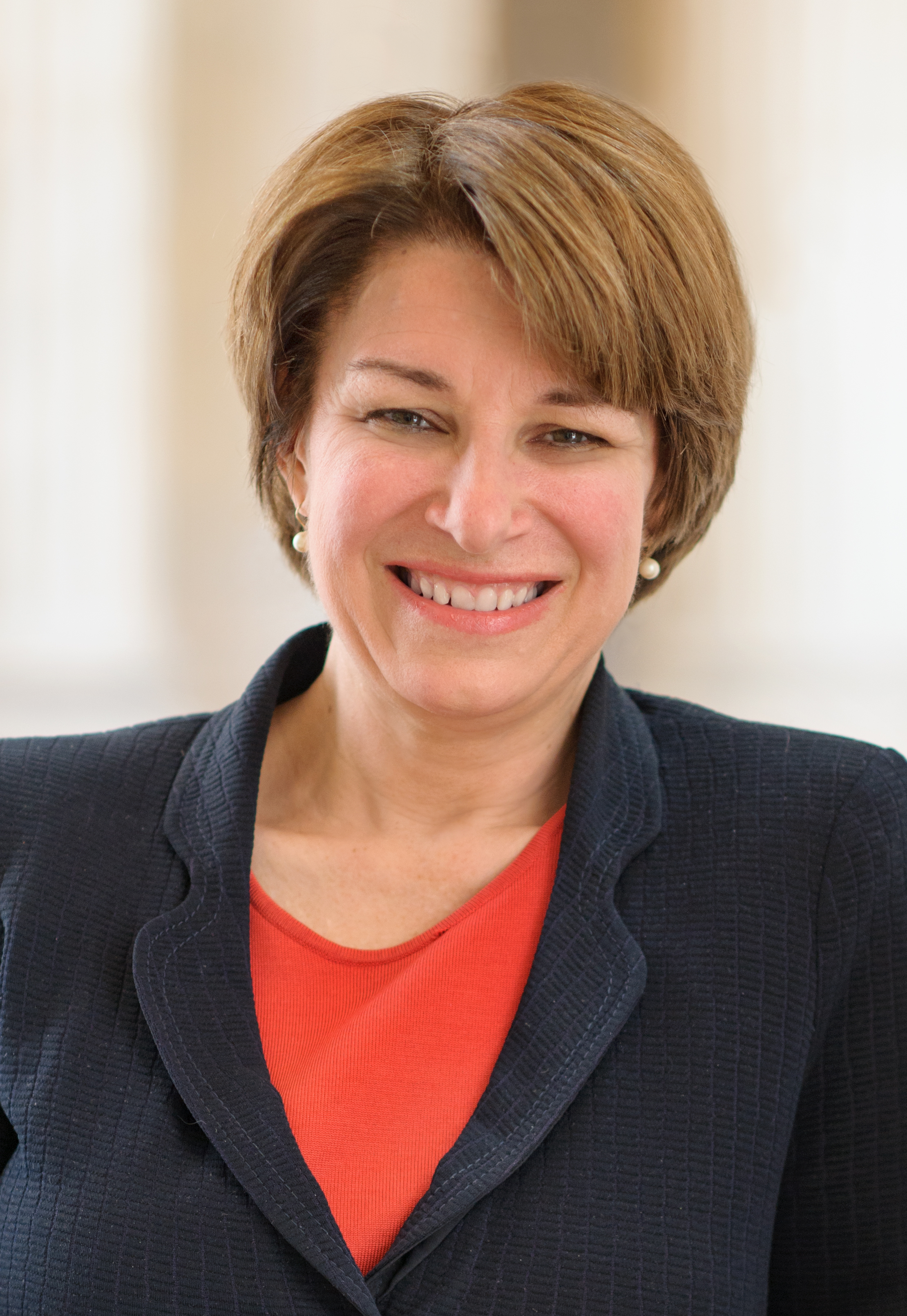
"I think that we should have a consistent strong trade policy that works for everyone in America"
Amy Klobuchar

“. . . America chose to pursue a trade policy that prioritized the interests of capital over the interests of American workers."
- Elizabeth Warren
China

“It's also highly unlikely that a tit-for-tat escalating tariff conflict is going to lead them [China] to change the fundamentals of their economic model. When you look at the way that the state is involved with their economy, even with currency manipulation, these aren't things they're going to give up on just because we slapped some tariffs on Chinese goods.”
- Pete Buttigieg

“These policies, [Trump’s policies] from my perspective, they’re only looking backwards; they’re not really looking forward,”
- Steve Bullock

“For too long China has succeeded in hurting America’s manufacturing industry by engaging in illegal steel and aluminum dumping. That is why I support targeted tariffs against China’s steel and aluminum.”
- Tim Ryan
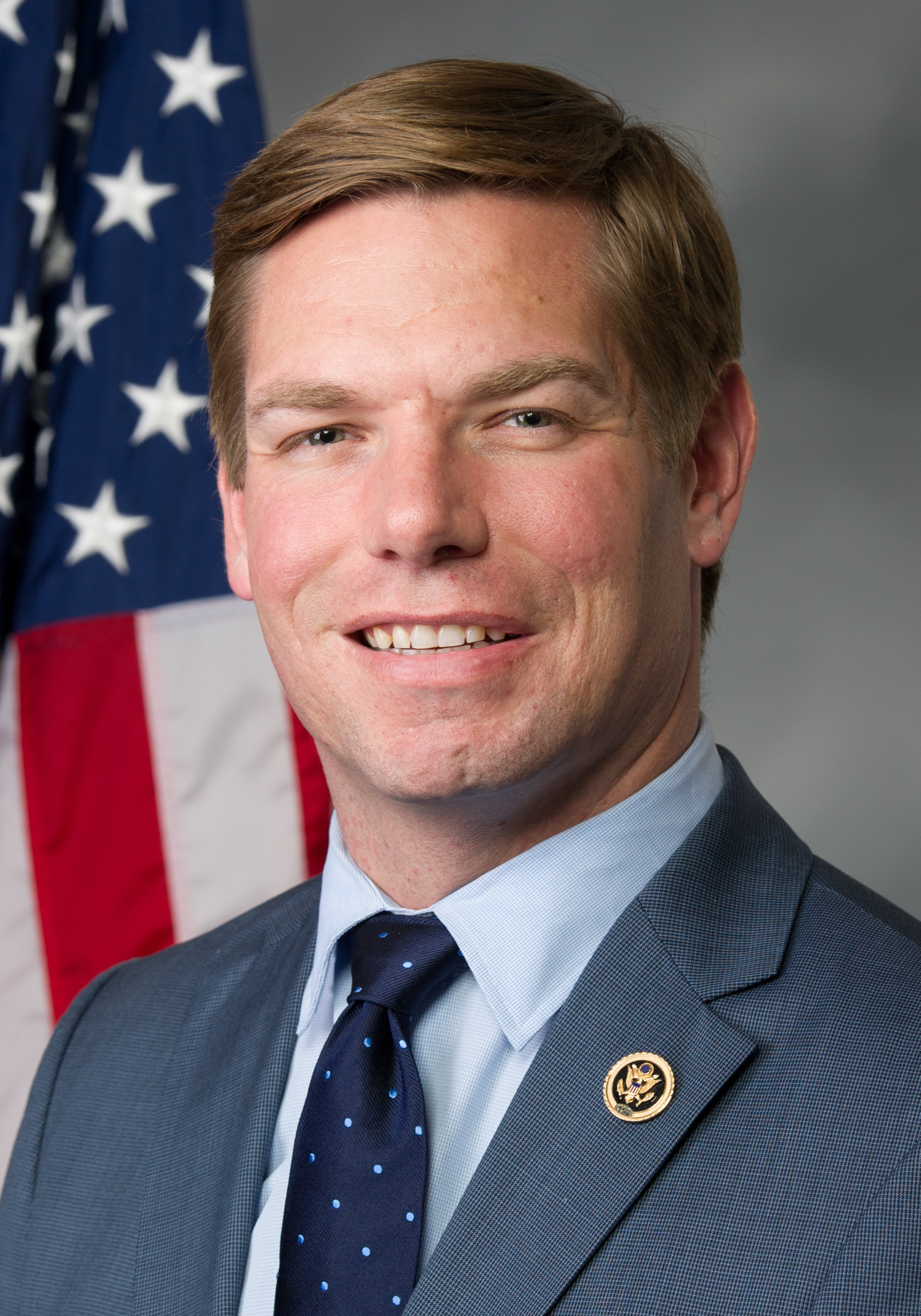
“Trump’s negotiating tactics have and continue to undermine any long-term deal that could be reach with China.
- Eric Swalwell

“We must use all tools at our disposal to ensure China respects intellectual property law. This will include working with and leveraging the power of the international community to make certain that China engages in fair trade.”
- Marianne Williamson
NAFTA

“. . . NAFTA took away almost a million jobs in this country—tens of thousands of them”
- Bill de Blasio

“. . . agreements like the North American Free Trade Agreement (NAFTA) have resulted in the loss of hundreds of thousands of American jobs.”
- Tulsi Gabbard
Use of Tariffs

“There is no question that we need to make sure that our trading partners abide by their obligations under international trade agreements. But ill-considered tariffs will only hurt.”
- Jay Inslee

"Before engaging trade wars that could have detrimental impacts to American businesses and our economy, we must seek to solve our trade differences diplomatically.”
- Wayne Messam

"The bottom line is simple: these tariffs are bad policy.”
- Seth Moulton

"Donald Trump’s haphazard and reckless plan to impose tariffs on Canada and the European Union is an absolute disaster that will cause unnecessary
economic pain . ..”
- Bernie Sanders

"Donald Trump's phony war of tariffs has now been ended with no winners. The United States is the economic powerhouse of the Western World and we need a president who understands how the economy works.”
- Bill Weld
International Studies (CSIS) in Washington, D.C. Jack Caporal is an associate fellow with the CSIS Scholl Chair in International Business. Beverly Lobo and Catherine Tassin de Montaigu are interns with the CSIS Scholl Chair in International Business.
This brief is made possible by general support to CSIS. No direct sponsorship contributed to this brief.
CSIS Briefs are produced by the Center for Strategic and International Studies (CSIS), a private, tax-exempt institution focusing on international public policy issues. Its research is nonpartisan and nonproprietary. CSIS does not take specific policy positions. Accordingly, all views, positions, and conclusions expressed in this publication should be understood to be solely those of the author(s).
© 2019 by the Center for Strategic and International Studies. All rights reserved.
